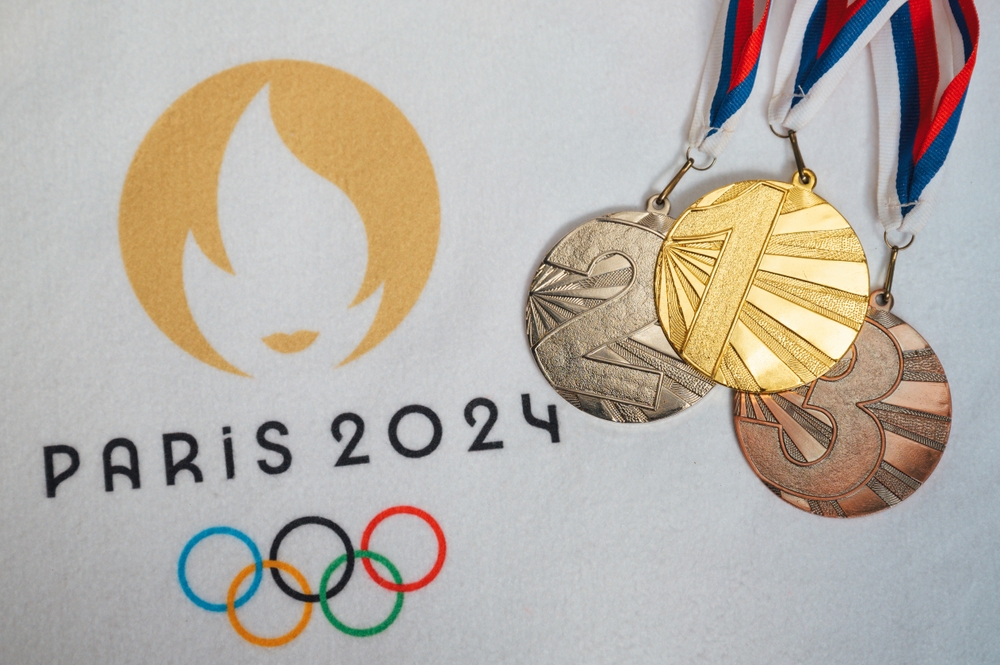It differs from country to country.
Others are reading now
The Olympic Games, a pinnacle of athletic achievement, do not officially reward athletes with monetary prizes. However, many countries provide bonuses to their medalists, varying widely in amount.
Significally Increased
Athletes receive different monetary rewards depending on the country they represent, not from a standardized international system. While the International Olympic Committee (IOC) does not provide financial prizes for winning medals, individual countries often offer their own financial incentives to medalists, which vary widely according to Liternaute.
For the French athletes, the upcoming Paris Olympics offer significantly increased incentives compared to the previous Tokyo Games.
French gold medalists will now receive $88,000, up from $71,500. Silver medalists will earn $44,000, while bronze medalists will receive $22,000. N
Also read
otably, coaches will also benefit from this increase, receiving the same amount as their athletes, a change from the previous policy where they received only 50% of the athletes’ bonuses.
Up to 37,500 USD
The disparities in rewards are striking when compared internationally. Singapore and Taiwan offer some of the highest rewards, with over $715,000 for an Olympic gold medalist.
In contrast, the United States Olympic Committee awards $37,500 for a gold medal, $22,500 for silver, and $15,000 for bronze.
The United Kingdom takes a different approach, providing no direct financial rewards but offering an annual stipend of nearly $37,500 to support their athletes.
In a controversial move, World Athletics has introduced a $50,000 cash prize for Olympic champions in athletics, which has sparked debate, particularly within the French National Olympic and Sports Committee.


